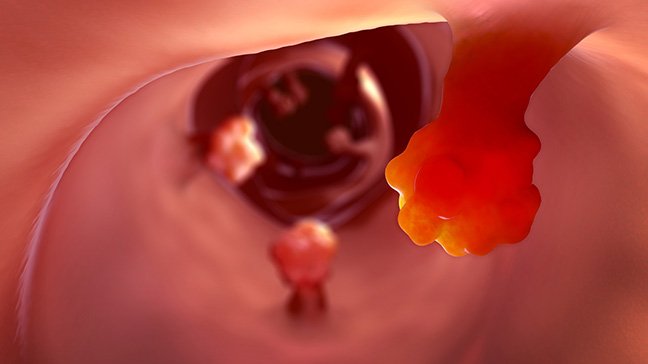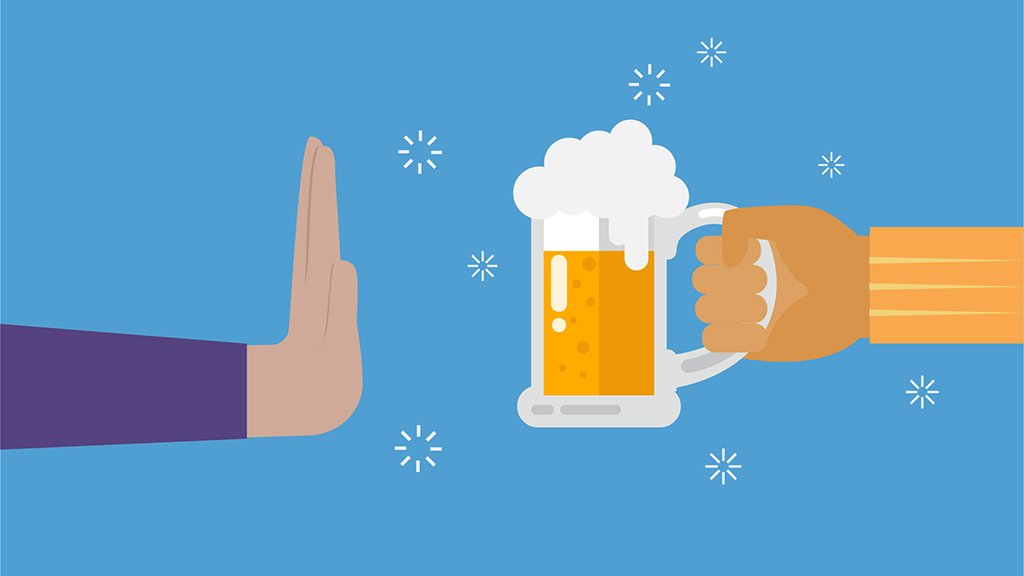- Diseases
- Acoustic Neuroma (14)
- Adrenal Gland Tumor (24)
- Anal Cancer (68)
- Anemia (2)
- Appendix Cancer (16)
- Bile Duct Cancer (26)
- Bladder Cancer (72)
- Brain Metastases (28)
- Brain Tumor (232)
- Breast Cancer (714)
- Breast Implant-Associated Anaplastic Large Cell Lymphoma (2)
- Cancer of Unknown Primary (4)
- Carcinoid Tumor (8)
- Cervical Cancer (158)
- Colon Cancer (166)
- Colorectal Cancer (118)
- Endocrine Tumor (4)
- Esophageal Cancer (44)
- Eye Cancer (36)
- Fallopian Tube Cancer (8)
- Germ Cell Tumor (4)
- Gestational Trophoblastic Disease (2)
- Head and Neck Cancer (12)
- Kidney Cancer (128)
- Leukemia (342)
- Liver Cancer (50)
- Lung Cancer (286)
- Lymphoma (278)
- Mesothelioma (14)
- Metastasis (30)
- Multiple Myeloma (100)
- Myelodysplastic Syndrome (60)
- Myeloproliferative Neoplasm (6)
- Neuroendocrine Tumors (16)
- Oral Cancer (100)
- Ovarian Cancer (172)
- Pancreatic Cancer (160)
- Parathyroid Disease (2)
- Penile Cancer (14)
- Pituitary Tumor (6)
- Prostate Cancer (146)
- Rectal Cancer (58)
- Renal Medullary Carcinoma (6)
- Salivary Gland Cancer (14)
- Sarcoma (238)
- Skin Cancer (296)
- Skull Base Tumors (56)
- Spinal Tumor (12)
- Stomach Cancer (64)
- Testicular Cancer (28)
- Throat Cancer (92)
- Thymoma (6)
- Thyroid Cancer (98)
- Tonsil Cancer (30)
- Uterine Cancer (80)
- Vaginal Cancer (16)
- Vulvar Cancer (20)
- Cancer Topic
- Adolescent and Young Adult Cancer Issues (20)
- Advance Care Planning (10)
- Biostatistics (2)
- Blood Donation (18)
- Bone Health (8)
- COVID-19 (362)
- Cancer Recurrence (120)
- Childhood Cancer Issues (120)
- Clinical Trials (632)
- Complementary Integrative Medicine (22)
- Cytogenetics (2)
- DNA Methylation (4)
- Diagnosis (232)
- Epigenetics (6)
- Fertility (62)
- Follow-up Guidelines (2)
- Health Disparities (14)
- Hereditary Cancer Syndromes (126)
- Immunology (18)
- Li-Fraumeni Syndrome (8)
- Mental Health (116)
- Molecular Diagnostics (8)
- Pain Management (62)
- Palliative Care (8)
- Pathology (10)
- Physical Therapy (18)
- Pregnancy (18)
- Prevention (918)
- Research (392)
- Second Opinion (74)
- Sexuality (16)
- Side Effects (604)
- Sleep Disorders (10)
- Stem Cell Transplantation Cellular Therapy (216)
- Support (402)
- Survivorship (322)
- Symptoms (182)
- Treatment (1786)
Sexual problems and cancer: Don't ignore it
3 minute read | Published April 24, 2013
Medically Reviewed | Last reviewed by an MD Anderson Cancer Center medical professional on April 24, 2013
In early April, the first guidelines on care for sexual problems were published by the National Comprehensive Cancer Network (NCCN).
These guidelines are included in their new Survivorship Guidelines.
Since cancer survivorship begins as soon as someone receives a cancer diagnosis, the guidelines can improve care for both patients who are still planning their cancer treatment and those who are undergoing cancer treatment or have finished active therapy.
Sexual problems are common among cancer patients
Sexual problems are, unfortunately, a very common side effect of cancer treatment. Sexual problems affect at least half of patients who've had prostate, breast or a gynecologic cancer; they also can occur after chemotherapy or radiation to the pelvic area or brain.
The problems are usually caused by physical damage to the nerves, blood vessels and hormones involved in a normal sexual response, although emotional issues also play a role.
Many of the negative emotions that come with a cancer diagnosis fade after successful treatment, but the sexual problems tend to linger without professional help.
Unfortunately, few patients get the care that could make their sex lives satisfying again.
What new guidelines mean for treating sexual problems
Ideally, help should include therapies for medical issues like erection problems, pain with intercourse and loss of sexual desire, as well as counseling to help the cancer survivor and partner communicate openly and adjust their sexual routine.
According to the guidelines, your cancer care team should ask periodically about sexual problems, even if at first you say that everything is OK.
If a specific problem is found, you'll need a more in-depth assessment, and your doctor should suggest treatments.
For women, the guidelines mention loss of interest in sex, loss of sexual sensations, vaginal dryness or pain during sex and trouble reaching orgasm. These are indeed all common problems that we see.
For men, I was sad to see that the guidelines focus very narrowly on erection problems. It's true that erection problems are the sexual issue that most often prompts men to seek help, but we also see many men with loss of desire, pain during sex, or changes in their orgasm, including dry orgasms, weak orgasms or leaking urine during orgasm.
Treating sexual problems at MD Anderson
At MD Anderson, women with sexual problems can take advantage of our multidisciplinary team in the Department of Gynecologic Oncology and Reproductive Medicine. This team includes several expert gynecologists who focus on side effects of cancer treatment, Andrea Bradford, Ph.D., a clinical psychologist who treats sexual problems, and Terri Lynn Woodard, M.D., a specialist in cancer and fertility.
Men with sexual problems can get evaluated and treated by Run Wang, M.D., in the Department of Urology's Sexual Medicine Clinic.
Research on sexual problems
I've been working on web sites for both men and women that explain why sexual problems occur and describe self-help strategies and medical treatment options.
Be your own advocate
In our busy clinics, some topics can be overlooked. If your care team forgets to ask about your sex life, remind them it is important. Make sure you get answers to your questions or a referral to help solve your problem.

Unfortunately, few patients get the care that could make their sex lives satisfying again.
Leslie Schover Ph.D.
Researcher





